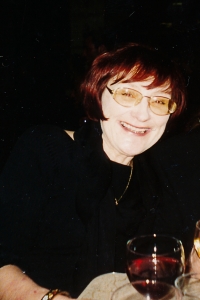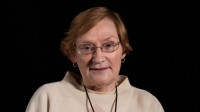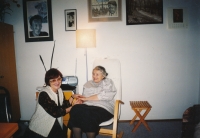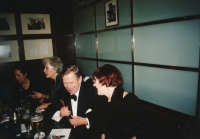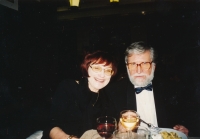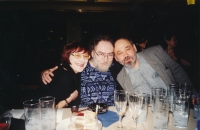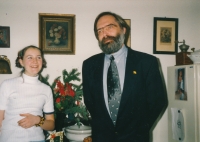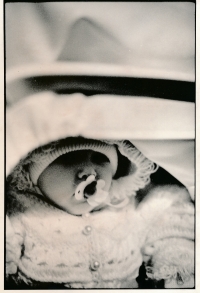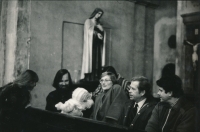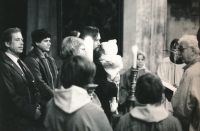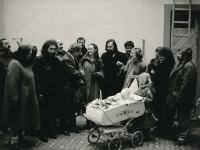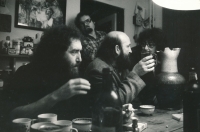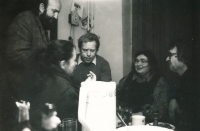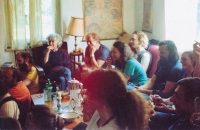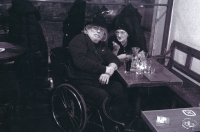I sincerely hate the Bolsheviks because they killed my father, who wanted the best for them
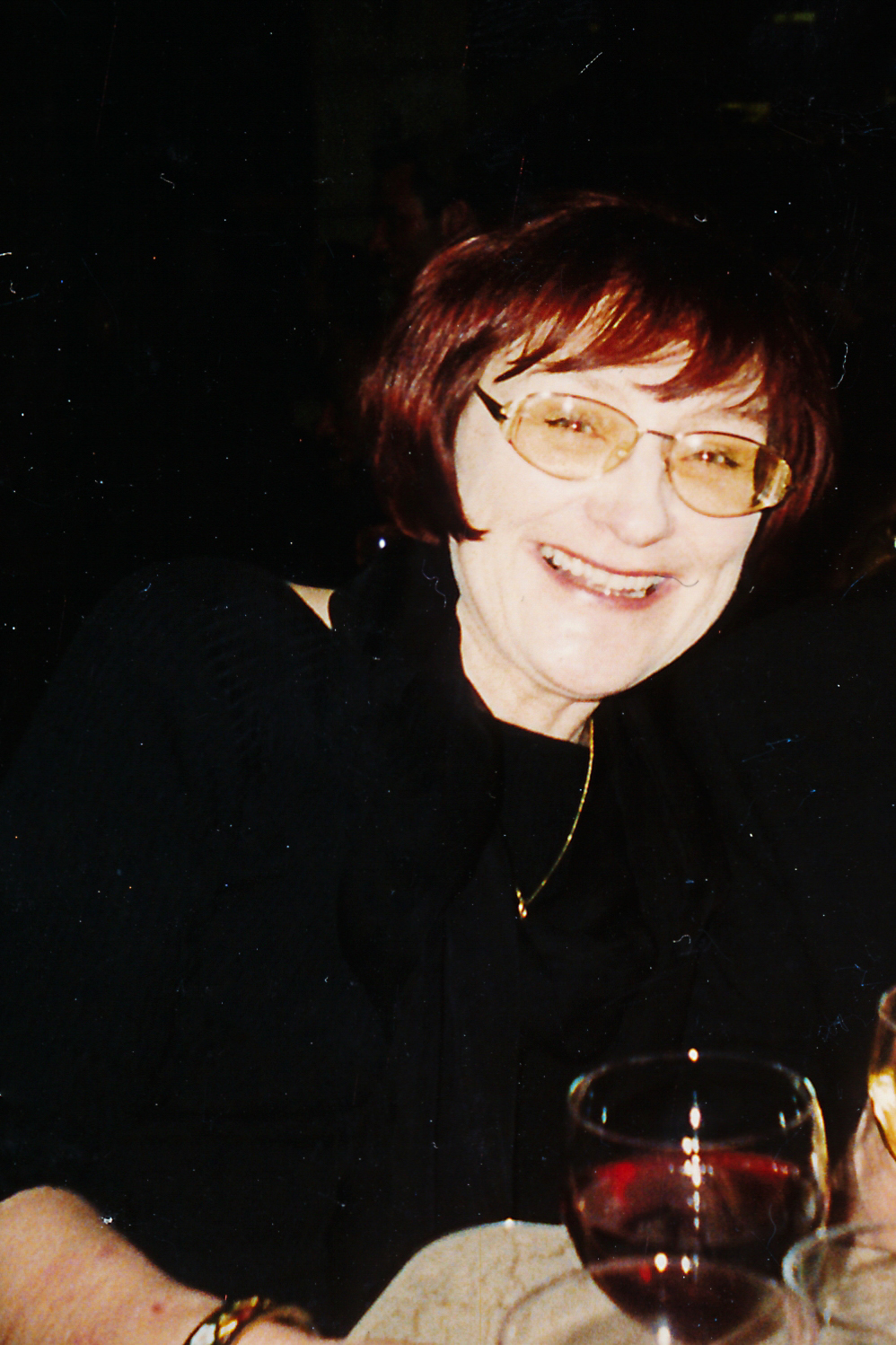
Stáhnout obrázek
Lidmila Lamačová was born on May 30, 1947, in Semily. Her father Čeněk Lamač worked in the town as a goldsmith and has been a member of the Communist Party since the First Republic. During nationalization, he fell victim to one of the fabricated trials and ended up in prison for two years. Upon his return, he began to show post-traumatic symptoms, which later resulted in senior dementia. During her high school studies, Lidmila started working in the local textile factory in Kolora, and in the mid-1960s she began studying German studies at the Faculty of Arts of Charles University. After graduating, she made a living teaching in language schools and translating film librettos for subtitles or dubbing. In 1981, she met Jan Patočka Jr., the son of Jan Patočka, a professor of philosophy and co-founder of Charta 77. In 1983, she married him and they had children. Lidmila thus became closer to the people around the dissent. She belonged to an informal community around Olga Havlová and Olga Stankovičová called Hrobka, she recalls publishing an internal samizdat press called Brčko. In addition to that, she often participated in the events at Václav Havel‘s cottage in Hrádek. After 1989, she became vice president of the Union of Catholic Women.
